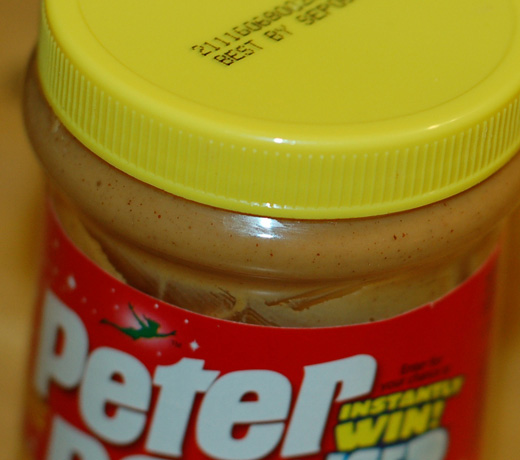
Republican plans to cut taxes for the rich and social spending for working families may threaten food safety, say supporters of a law passed in the lame duck session of Congress and signed into law this week by President Obama.
GOP leaders in the House have threatened to stop funding for a wide-range of Democratic programs including the proposed $1.4 billion over five years to implement the new food safety law.
The Food Safety and Modernization Act increases the regulatory oversight of the Food and Drug Administration (FDA) to help prevent incidents such as the 2007 and 2009 outbreaks in which salmonella-laced peanut products made at plants owned by ConAgra and the Peanut Corporation of America killed at least eight people and sickened thousands.
Observers noted that the Bush administration had cut the FDA budget and that its industry-friendly polices saw the elimination of 70 percent of inspections that may have prevented the poisonings.
As a result of both these policies, as well as the drive to cut corners within the industry, and the globalization of the food supply, outbreaks caused by contaminated food have grown from about 100 per year in the 1990s to about 350 in recent years, according to Department of Health and Human Services data. An estimated 120,000 people end up in the hospital and about 3,000 die every year due to contaminated food.
The Obama administration says the new law is needed not only to restore FDA authority to prevent such deadly incidents but also to modernize the inspection of the global food market.
Health and Human Services Secretary Kathleen Sebelius said, “For too long our efforts to ensure that the food we eat is safe haven’t kept pace with the food supply chain that has grown increasingly complex and now stretches around the world.”
Without adequate oversight of the food supply, she said, about one in six Americans can expect to get sick from a food-borne illness each year.
“Now that’s an unacceptable price to pay for contaminations that are mostly preventable,” she said.
Pam Bailey, president and CEO of the Grocery Manufacturers Association, described the new law as historic and urged Republicans in Congress to set aside partisanship and fully fund the oversight efforts encoded in it. “It makes prevention of food contamination the central focus of our nation’s food safety strategy,” she explained.
“Food and beverage companies recognize that steps must be taken to make the food supply safer,” she added.
Despite the data showing the growth in outbreaks since the reduction in regulatory oversight under Bush and the large numbers of Americans impacted by food contamination, Republicans in Congress who will likely control the purse strings that fund the FDA have downplayed the problem insisting that the food supply is safe enough for them.
Photo: by Scott Feldstein, cc by 2.0, Flickr












Comments